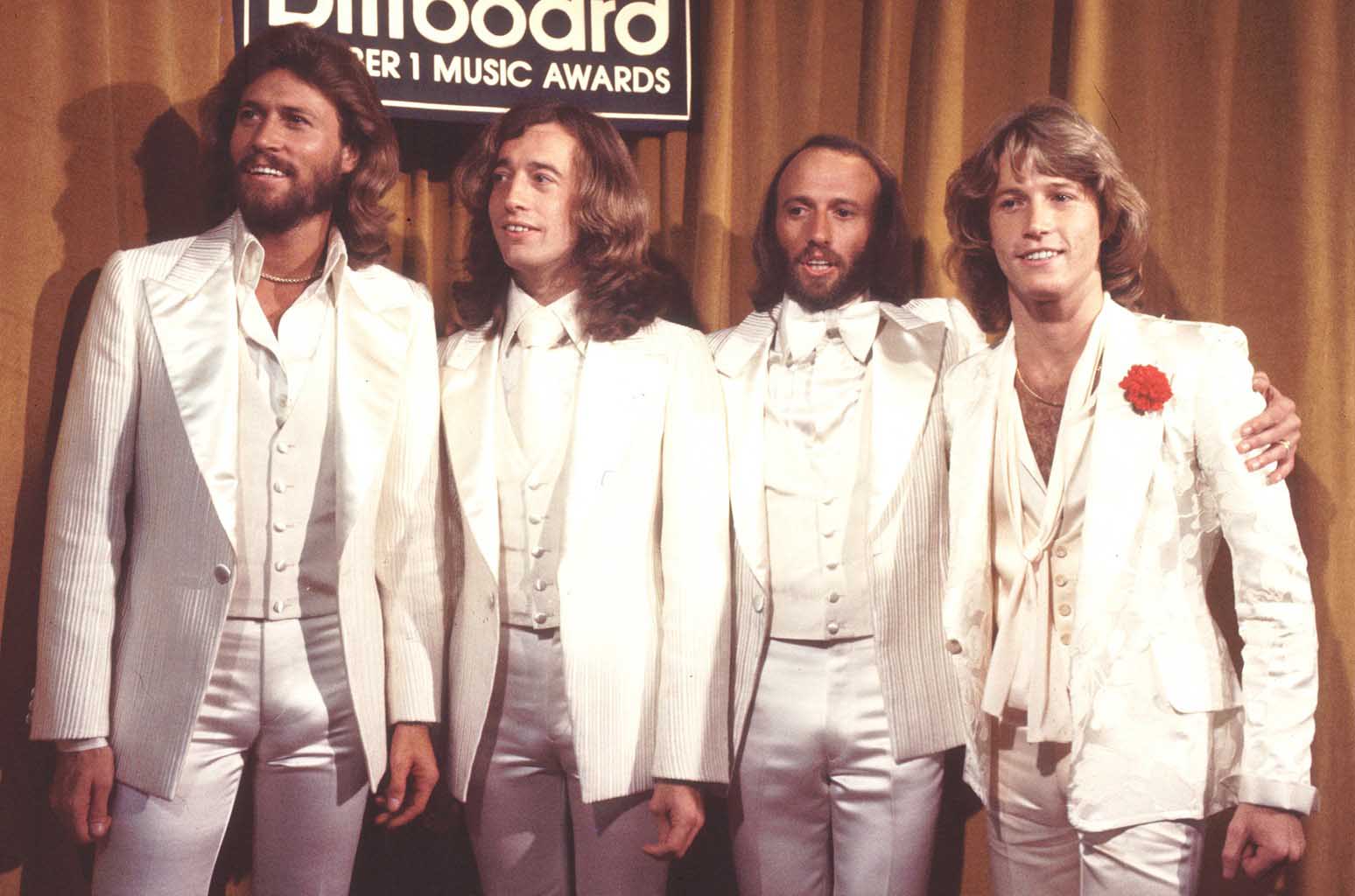When filmmaker and producer Frank Marshall (The Curious Case of Benjamin Button), and producers Nigel Sinclair (The Ides of March) and Jeanne Elfant Festa (The Apollo) were tasked with crafting a documentary about legendary music group The Bee Gees for HBO, they were in an unenviable position. Twenty-two studio albums, two live albums, four soundtrack albums, more than 120 million records sold and a career totalling near half a century. How does one even start with tackling such a saga?
With two of the three core members having passed away, The Bee Gees: How Can You Mend a Broken Heart relies on three driving forces to create its narrative. Barry Gibb, the last surviving member of the group, provides overarching commentary in the present, Robin and Maurice’s perspectives are primarily sourced through footage recorded in 1999, while a wealth of archival material, a lot of it previously unseen, is used to boost the story with in-the-flesh imagery and sound.
While the core retrospective point of view is spearheaded by Barry, tinging the narrative with melancholy, pride and longing, it is also supported by a cast of interviews which are scattered amidst the old footage.
The people who have been interviewed for the documentary can be broken down into two broad categories. The people who had a direct link with the Bee Gees, such as former band members, producers, friends, family and colleagues, and those who try to provide a perspective as both fans and artists in situations akin to that of the Gibb brothers. In terms of the latter category, both Noel Gallagher and Nick Jonas provide some insight into how it is to be in such a fierce industry while being surrounded by your family, but it is Noel who offers the more nuanced outlook. “When you’ve got brothers singing it’s like an instrument no one else can buy,” Noel explains.
But it is the people who were a part of the Bee Gees story who truly add to the narrative, injecting humour, nostalgia, experience-derived detail and, inevitably, sadness to the grand mosaic of the group. There are three instances of present day input which truly captivated me, all three in different ways.
The first is from the multi-talented producer, technology executive and futurist Albhy Galuten, who worked on Saturday Night Fever. Galuten details a fascinating story on how innovative the Bee Gees and the recording personnel were during the album’s production, explaining how experimental methods he witnessed at the Berklee College of Music resulted in the band using a drum loop for Stayin’ Alive, a revolutionary act at the time.
The second revolves around DJ and House music producer Vince Lawrence speaking about the infamous 1979 incident called Disco Demolition Night. The event, fronted by notorious anti-disco campaigner Steve Dahl, was forever linked with the death of disco as a popular genre. However, Lawrence, along with DJ and Studio 54 resident Nicky Siano, explain that both homophobia and racism were key elements in the attack on The Bee Gees, and disco and dance music in general.
Then there’s Welsh keyboardist Blue Weaver, who had been a part of The Bee Gees during their highly successful 1975-1979 period. Weaver, who had been instrumental to the composition of ‘How Deep Is Your Love’, remembers the writing process with great affection, tearing up as he retells the story. “All the emotions are still there. My heart is in that song,” Weaver says.
If you have tangential knowledge of The Bee Gees, this documentary will lay out the story for you in a vivid and sentimental way, effectively packed into its near-two hour runtime. If you are already a Bee Gees fan and have a connection to their songs, watching this documentary is something you simply must reserve time for. Just make sure to have a box of tissues at the ready.







Click here to change your cookie preferences